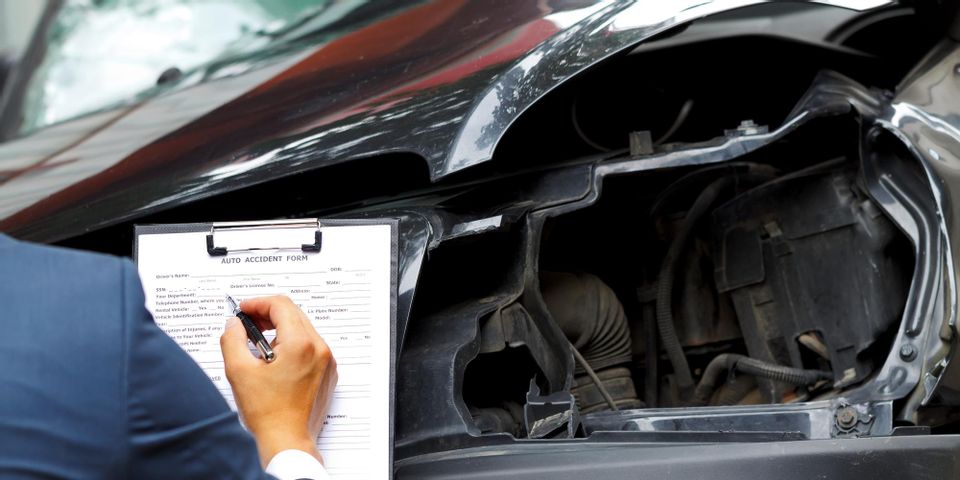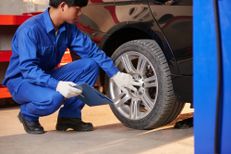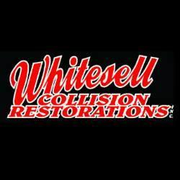Areas That Should Be Checked for Damage After a Car Crash

If you’ve just been in a minor car accident, your vehicle may be scraped, scratched, or dented. While body damage is often easy to spot, the car may be hiding some serious issues, unapparent to the amateur eye. When you work with a collision repair provider, make sure they check the areas below.
What Should Be Inspected After a Vehicle Collision?
The Frame & Suspension
The damage that’s often easiest to miss happens to the frame and suspension of the car. For example, a rear-end collision can throw your alignment out of sync, leading to increased wear on the tires, brakes, and suspension springs. If you notice any difficulty handling your car—a wobbly or vibrating steering column or tires pulling in one direction—you may need collision repairs for the frame.
The Transmission
 A rear-end accident may also damage your transmission, leading to a breakdown if the problem isn’t addressed. If you notice your car leaking transmission fluid, or it seems like shifting is harder than before, you should have the transmission inspected for necessary repairs. Driving with the transmission in this state could cause permanent damage, leading to a costly replacement.
A rear-end accident may also damage your transmission, leading to a breakdown if the problem isn’t addressed. If you notice your car leaking transmission fluid, or it seems like shifting is harder than before, you should have the transmission inspected for necessary repairs. Driving with the transmission in this state could cause permanent damage, leading to a costly replacement.
The Engine
If you rear-ended someone or were hit from the side, there’s a chance that your engine has sustained damage that you won’t be able to detect. For example, the battery’s life may be compromised by the shock, and hoses throughout the engine could develop small leaks that are hard to notice. If most of the damage occurred near the front of your car, have the engine inspected by a collision repair expert.
Getting your vehicle road-worthy after an accident doesn’t have to be stressful when you visit Whitesell Collision in Augusta County, VA. For 70 years, they’ve served the community with prompt, high-quality collision repairs, as well as auto parts sales and towing services. Learn more about their offerings by visiting their website, and schedule maintenance or repairs by calling (540) 943-3361.
About the Business
(68 reviews)
Have a question? Ask the experts!
Send your question

